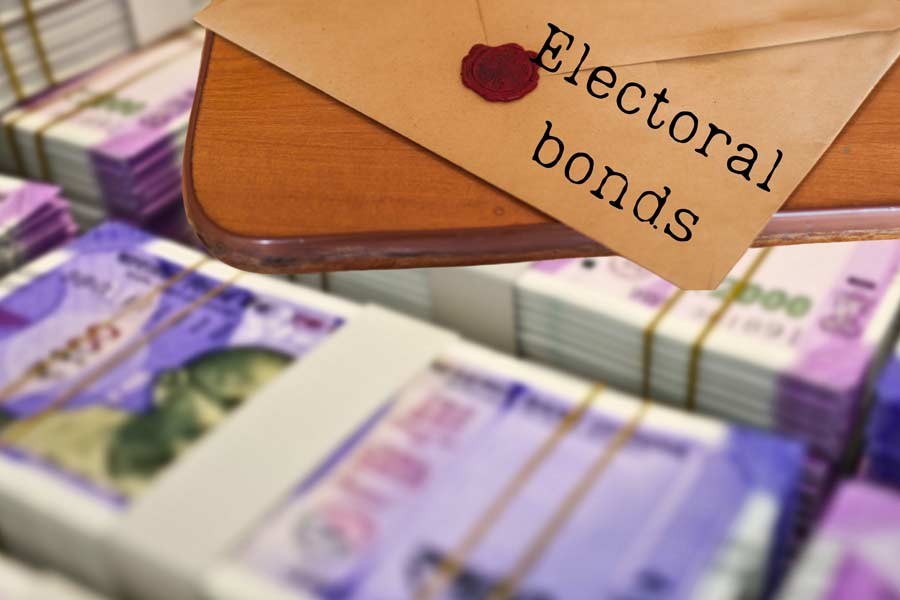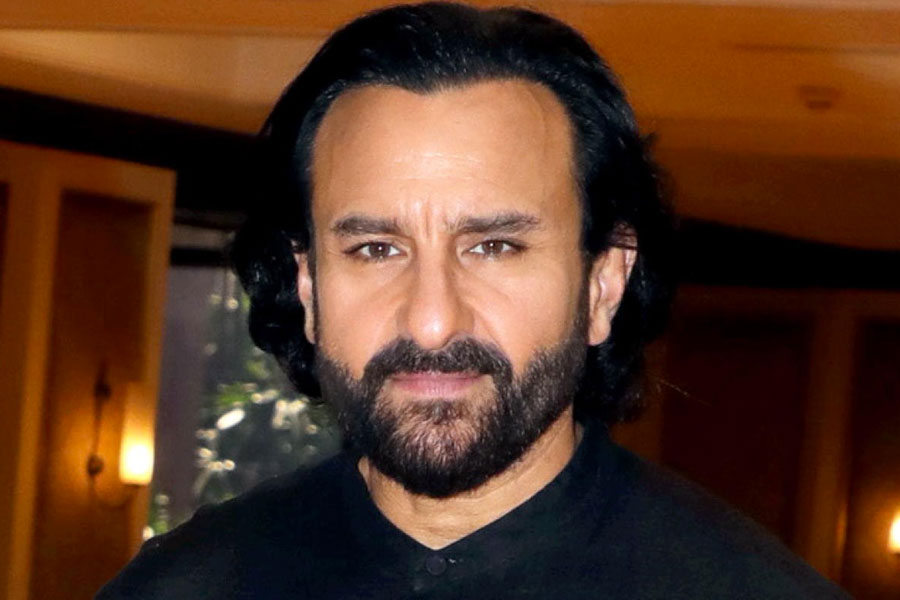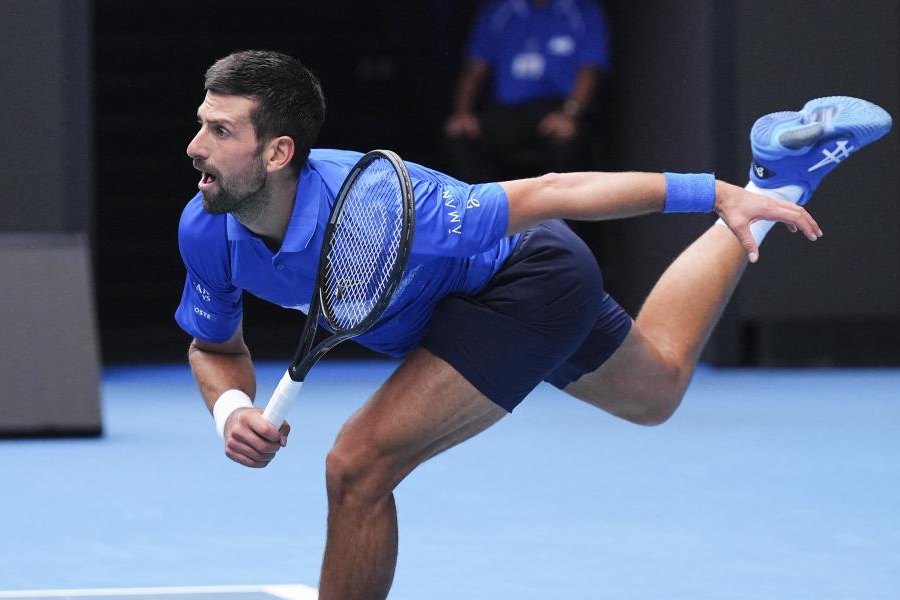A plea has been filed in the Supreme Court seeking a direction for the confiscation of the money received by political parties under the electoral bonds scheme of 2018 that was struck down by the apex court in February.
The plea filed by petitioner Khem Singh Bhati said that on February 15, in the case of Association for Democratic Reforms versus Union of India, the apex court struck down electoral bonds scheme as it was violative of Articles 14 and 19 of the Constitution.
It said this court further directed the State Bank of India (SBI) to stop the issuance of electoral bonds from the date of the judgement and to disclose the details of the bonds purchased since April 12, 2019, till the date of the judgement.
"It is submitted that the amount received by the political parties through electoral bonds was neither 'donation' nor 'voluntary contribution'; rather it was 'barter money' received from various corporate houses by way of 'quid pro quo' for the undue benefits granted at the cost of the public exchequer," the plea alleged.
The plea - drawn by senior advocate Vijay Hansaria and filed through advocate Jayesh K Unnikrishnan - claimed the details of the purchase and encashment of the electoral bonds clearly show that money paid through electoral bonds by the companies to the political parties, "was either to avoid criminal prosecution or to get monetary advantage by way of contract or other policy matters".
"The political parties have misused their position, being the ruling party in the Government and procured Electoral Bonds behind the iron curtain".
"The political parties used Electoral Bond as a tool and method to extract money, by conferring undue advantage to corporate houses by way of compromising their criminal prosecution or granting State largesse, at the cost of public exchequer and against public interest," it alleged.
The petitioner also sought a direction for constituting a Committee headed by a former judge of the apex court to investigate the alleged "illegal benefits" conferred on the donors by public authorities.
The plea in the alternative sought direction to the Income Tax Authorities to reopen to assessment of respondent Nos. 4 to 25 (political parties) from the Financial Year 2018 - 2019 to 2023 - 2024 and disallow the exemptions of income tax claimed by them under section 13A of the Income Tax Act, 1961 and levy income tax, interest and penalty on the amount received by way of Electoral Bonds.
On February 15, in a landmark judgement that delivered a big blow to the government, the top court annulled the electoral bonds scheme for political funding, saying it violates the Constitutional right to freedom of speech and expression as well as the right to information.
In its verdict months ahead of the Lok Sabha polls, the apex court had ordered the SBI to disclose to the Election Commission the names of the contributors to the six-year-old scheme.
Except for the headline, this story has not been edited by The Telegraph Online staff and has been published from a syndicated feed.











